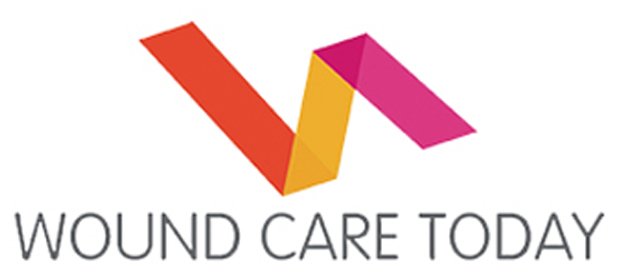

Moisture-Associated Skin Damage (MASD), the result of prolonged exposure to skin from moisture, causes a varying degree of excoriation which can prove to be debilitating for individuals. Instituting a structured skin care regimen for patients with MASD is essential. S.M.A.R.T., a visual framework developed by Medicareplus International helps nurses and care staff of any level to categorise, report and treat MASD appropriately in-line with NHSi guidelines. The S.M.A.R.T. Resource has been endorsed by The National Institute for Health and Care Excellence (NICE) and is publicly available to anyone wanting to implement a structured approach to identifying, treating and reporting MASD in their workplace.
The Total Barrier Protection™ Strategy (TBP) developed by Medicareplus International provides a moisture damage treatment strategy to balance patient needs while managing budgets by simplifying product choice. TBP includes Medi Derma-S Barrier Cream, Medi Derma-S Barrier Film and Medi Derma-PRO Skin Protectant Ointment with Foam & Spray Incontinence Cleanser in the management of Moisture-Associated Skin Damage (MASD), depending mild, moderate and severe level of damage. Lifteez Medical Adhesive Remover also supports the TBP strategy by preventing MARSI (Medical Adhesive-Related Skin Injury)
A structured skin care regimen in Incontinence Associated Dermatitis (IAD) is essential to protect vulnerable skin in persons with chronic and acute incontinence, and is based on avoiding contact between urine or stool and the skin and protecting the skin from the damaging effects of urinary and/or faecal incontinence.
The TBP™ Strategy also includes Medi Derma-PRO Skin Protectant Ointment with Foam & Spray Incontinence Cleanser that provides significant benefits in the management of moderate to severe IAD.
Skin damage due to MARSI (medical adhesive related skin injury) can occur in stoma care. Skin-stripping (removing or tearing the epidermis with the removal of the adhesive faceplate) is a particularly prevalent form of Peristomal MARSI. It is vital to use adhesive removal products and advanced skin protective barrier products.
Best Practice steps to protect skin in stoma patients
Adhesive Removal product Lifteez helps prevent skin stripping from PMARSI. And Medi Derma-S Total Barrier Film, a silicone-based, long-lasting, non-sting formulation forms a protective uniform film when evenly applied to the skin. Its barrier properties protect damaged and intact skin from the harmful effects of moisture, irritants and from potential skin damage that may be caused from the application of adhesive stoma pouches.
Peristomal skincare – is it time to do better for our patients? Understanding the scale of the problem
https://medicareplus.co.uk/2021/09/29/peristomal-skin-care/
